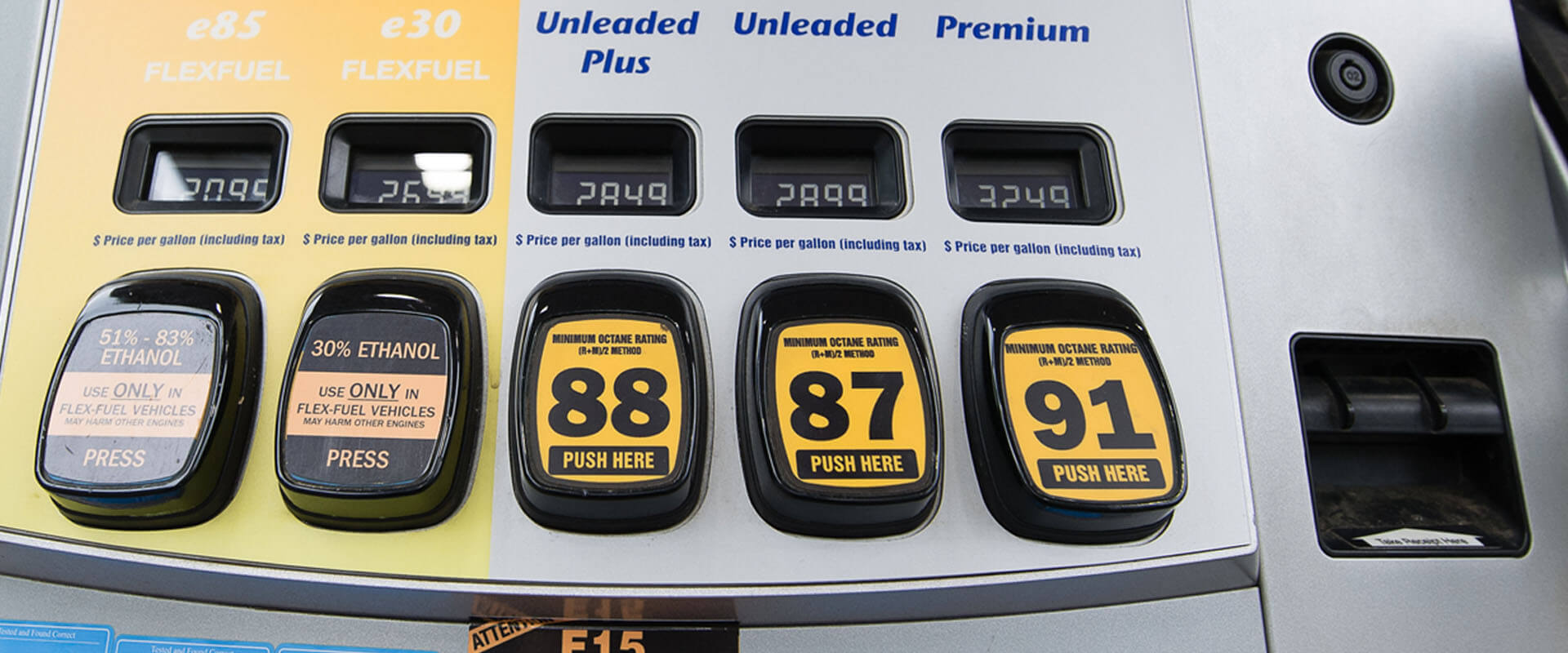 Reading Time: < 1 minute
Reading Time: < 1 minute
The Next Generation Fuels Act (H.R. 8371) was recently introduced in the U.S. House of Representatives by Illinois Rep. Cheri Bustos. This legislation recognizes and takes advantage of the high-octane, low-carbon benefits of ethanol to transition the United States to a higher-octane fuel. The bill would reduce greenhouse gas emissions and meet future needs of more advanced vehicles.
The introduction of the bill follows several years of work by the National Corn Growers Association to boost long-term corn demand for clean, affordable ethanol. The Next Generation Fuels Act lays out a path to transition to better fuels and vehicles that work as a system, just like in the past when Americans stopped using lead and moved to unleaded fuel, or when ethanol replaced harmful MTBE.
The legislation would accomplish:
- Low-carbon, high-octane fuels: The Environmental Protection Agency would be required to allow automakers to use a new 98 Research Octane Number (RON). RON is the measurement of gasoline properties related to how the fuel combusts in an engine. Today’s gasoline is 91 RON. By moving to a 98 RON, automakers could meet emission standards while improving fuel efficiency. Higher RON would also support mid-level ethanol blends, including E25 and E30.
- Regulatory harmonization: The Next Generation Fuels Act would remove outdated regulatory barriers preventing mid-level ethanol blends from entering the marketplace.
- Vehicle and fueling infrastructure: Model year 2024 cars and newer would be warranted for use on 98 RON and ethanol blends up to 30 percent. All fuel infrastructure would also be required to be compatible with E30.
To learn more about the Next Generation Fuels Act and how it is clearing the way for mid-level ethanol blends, visit ncga.com/octane.

